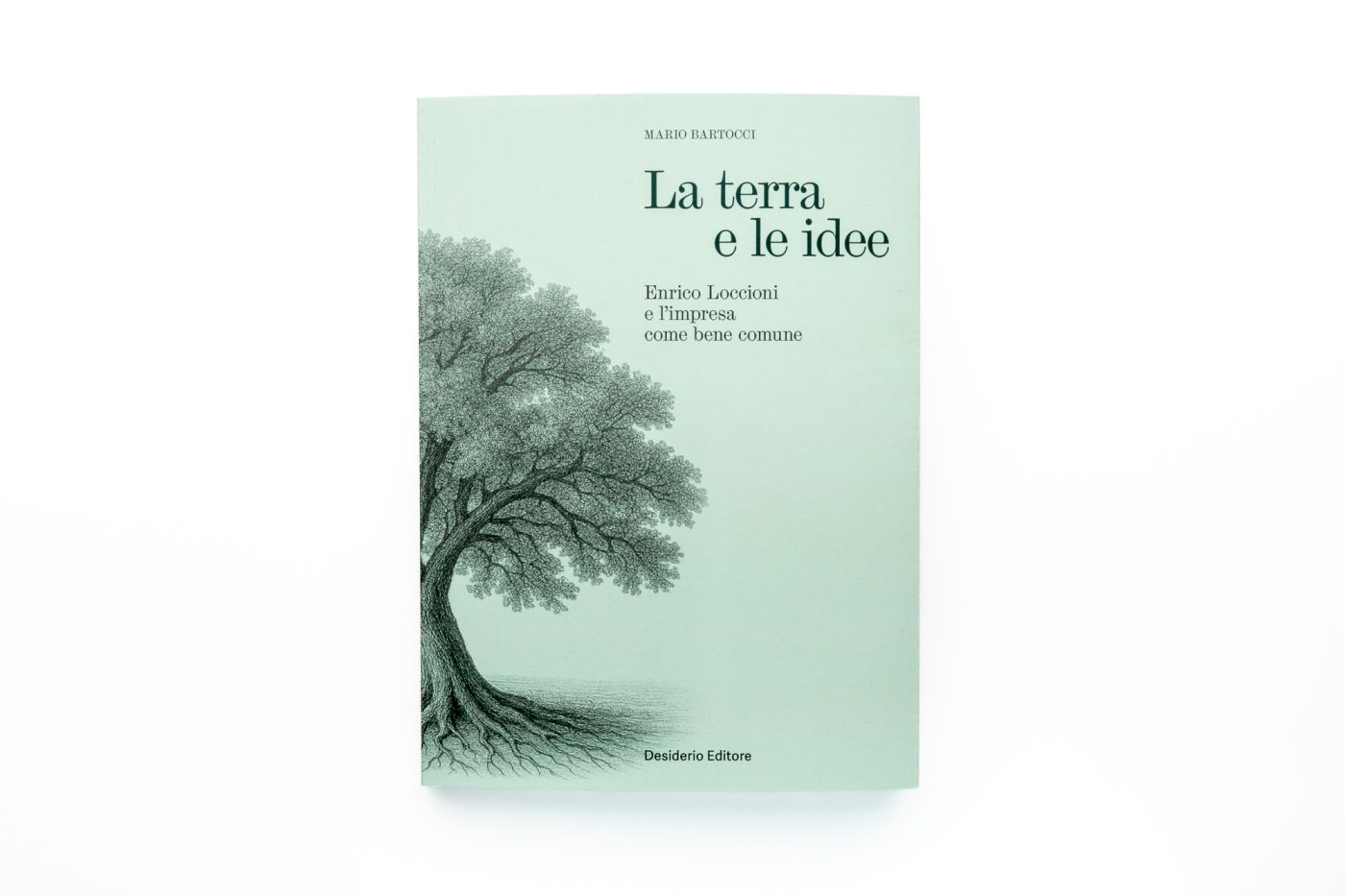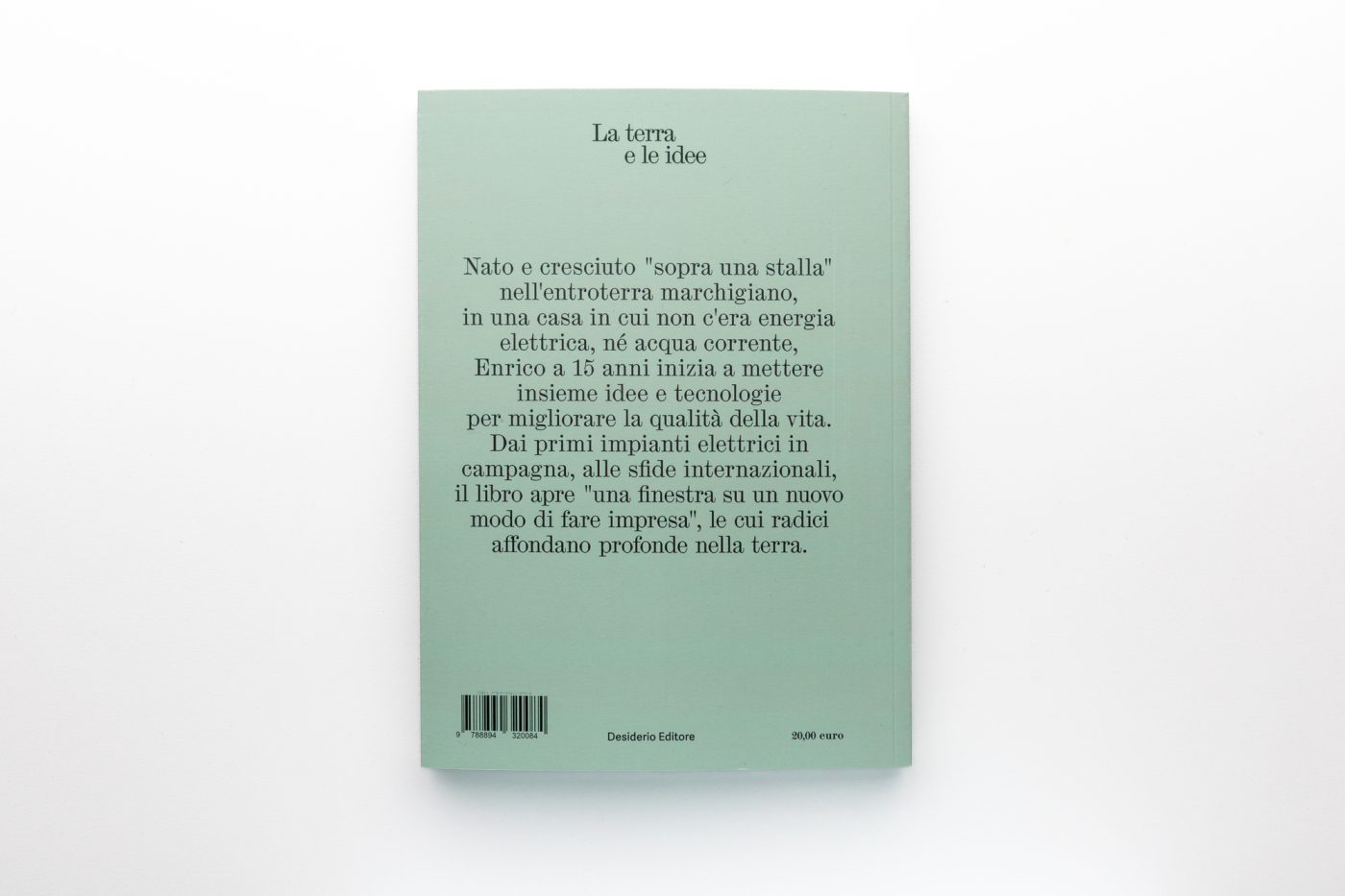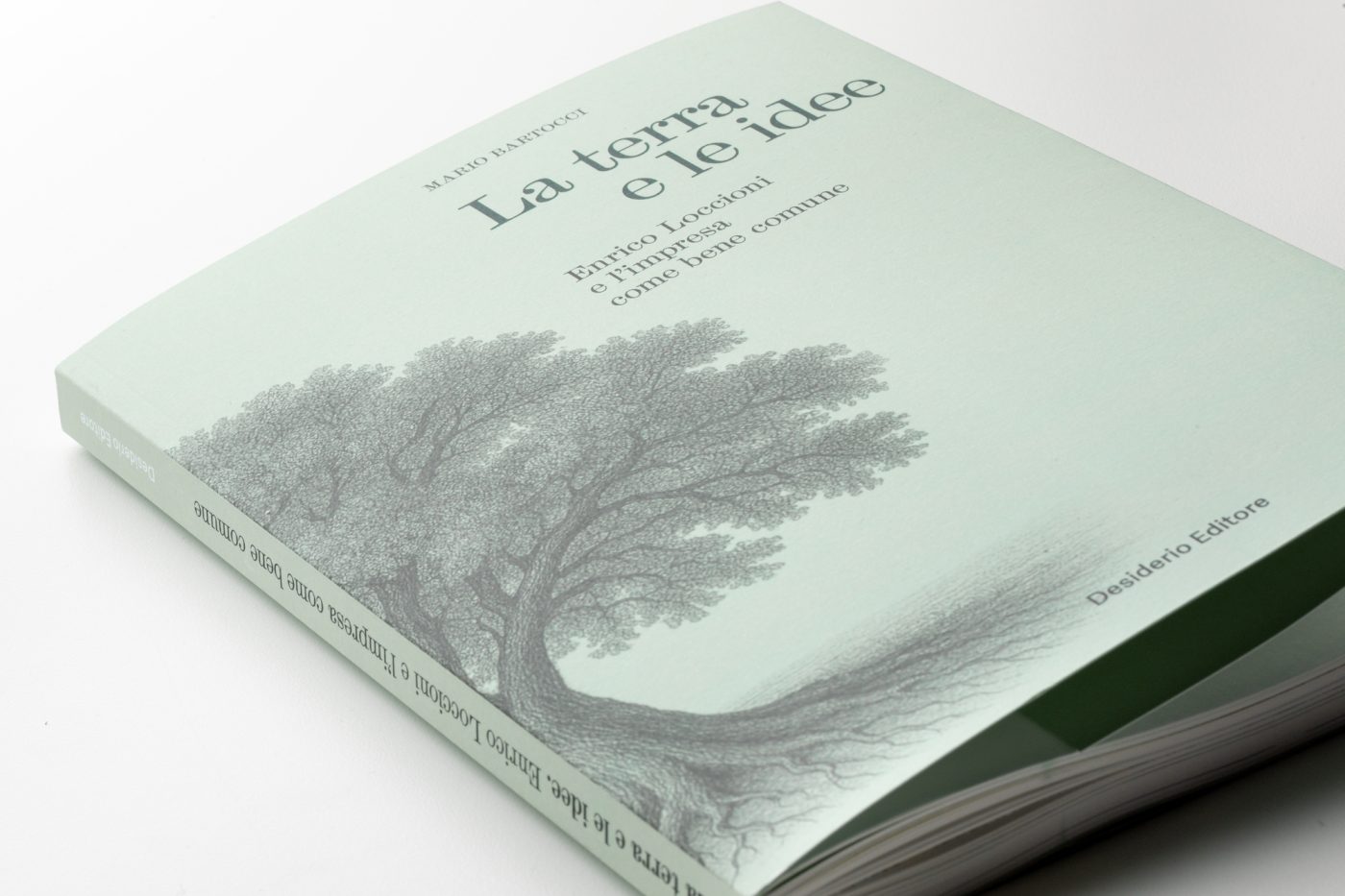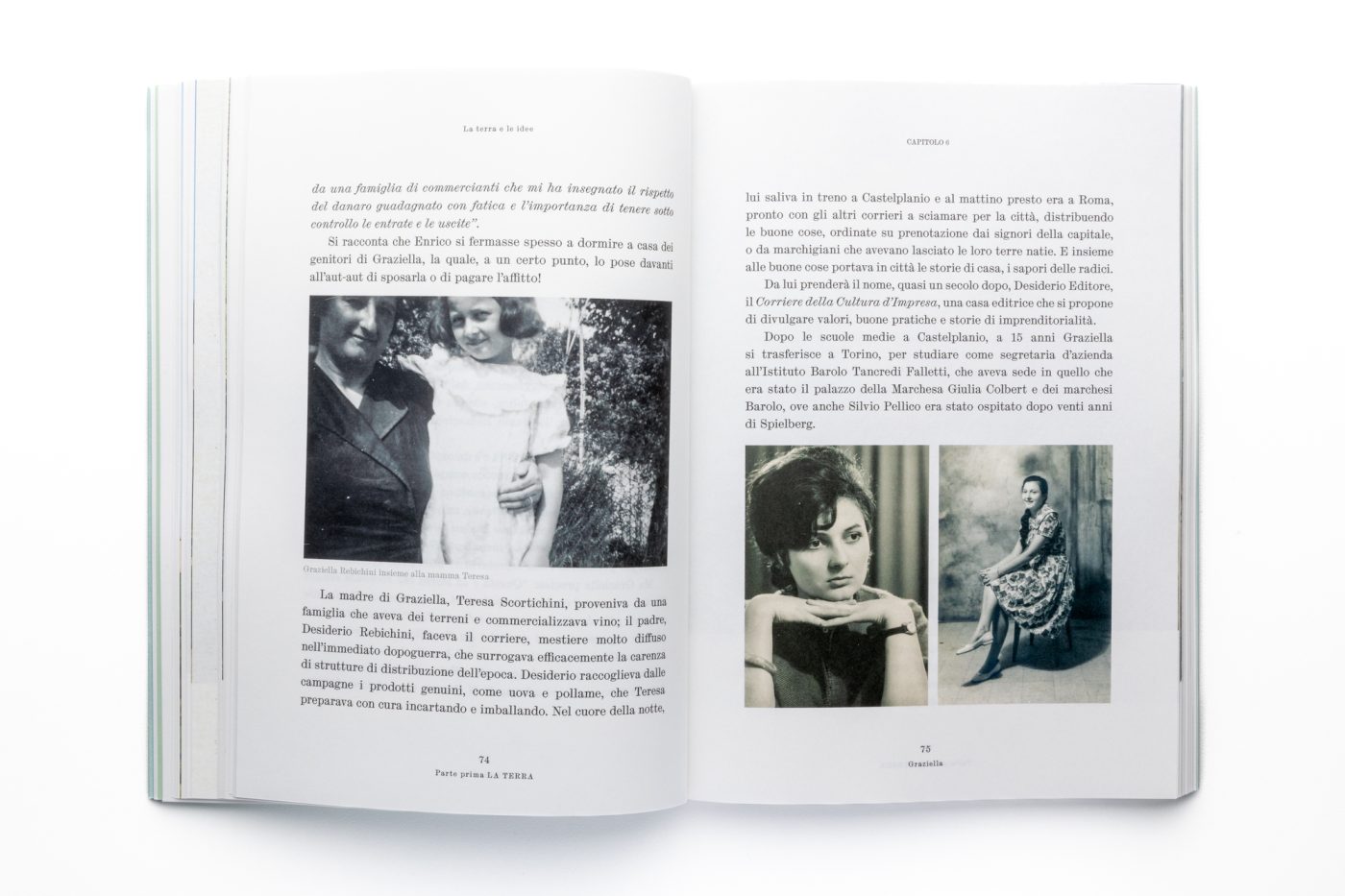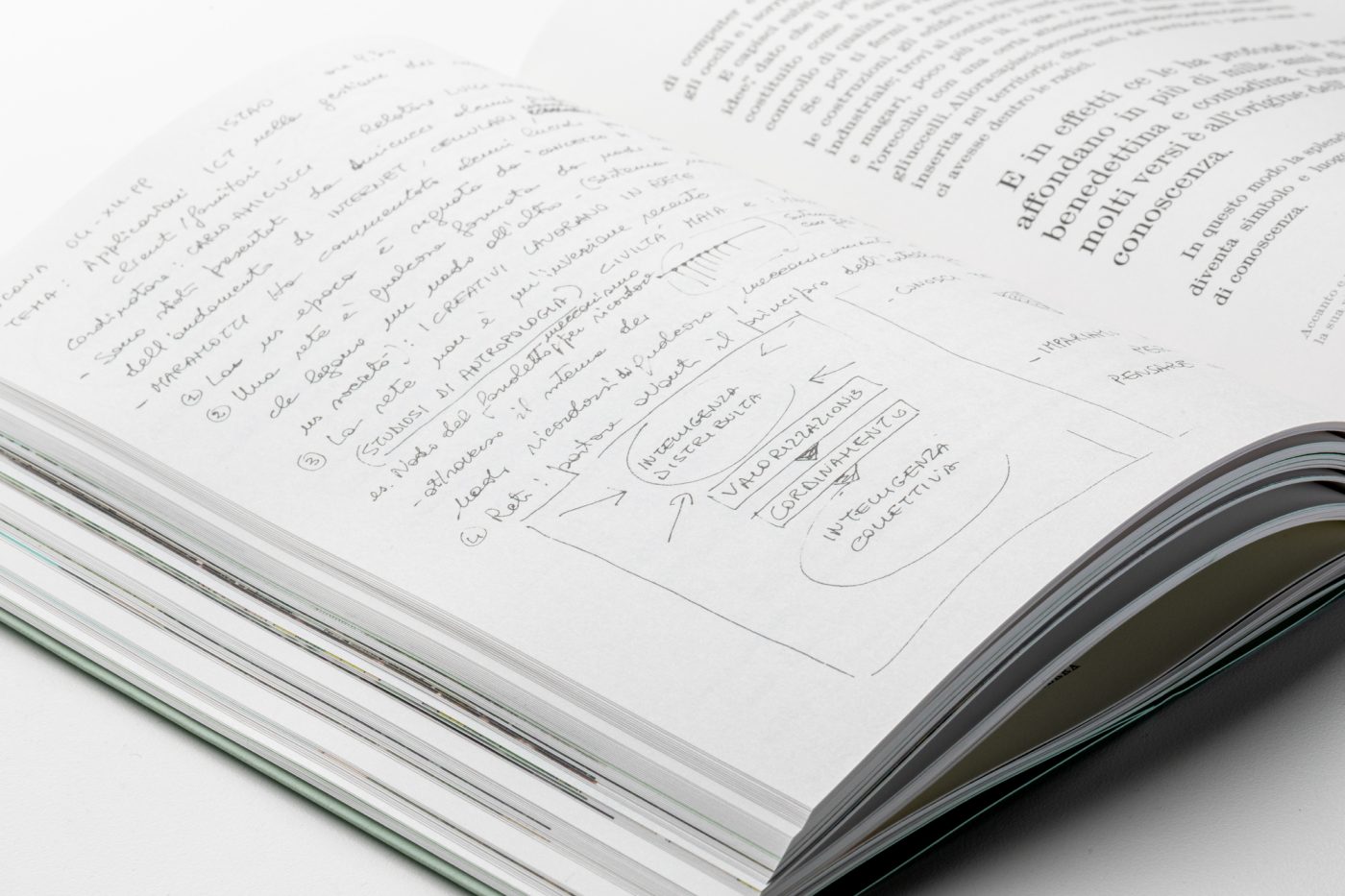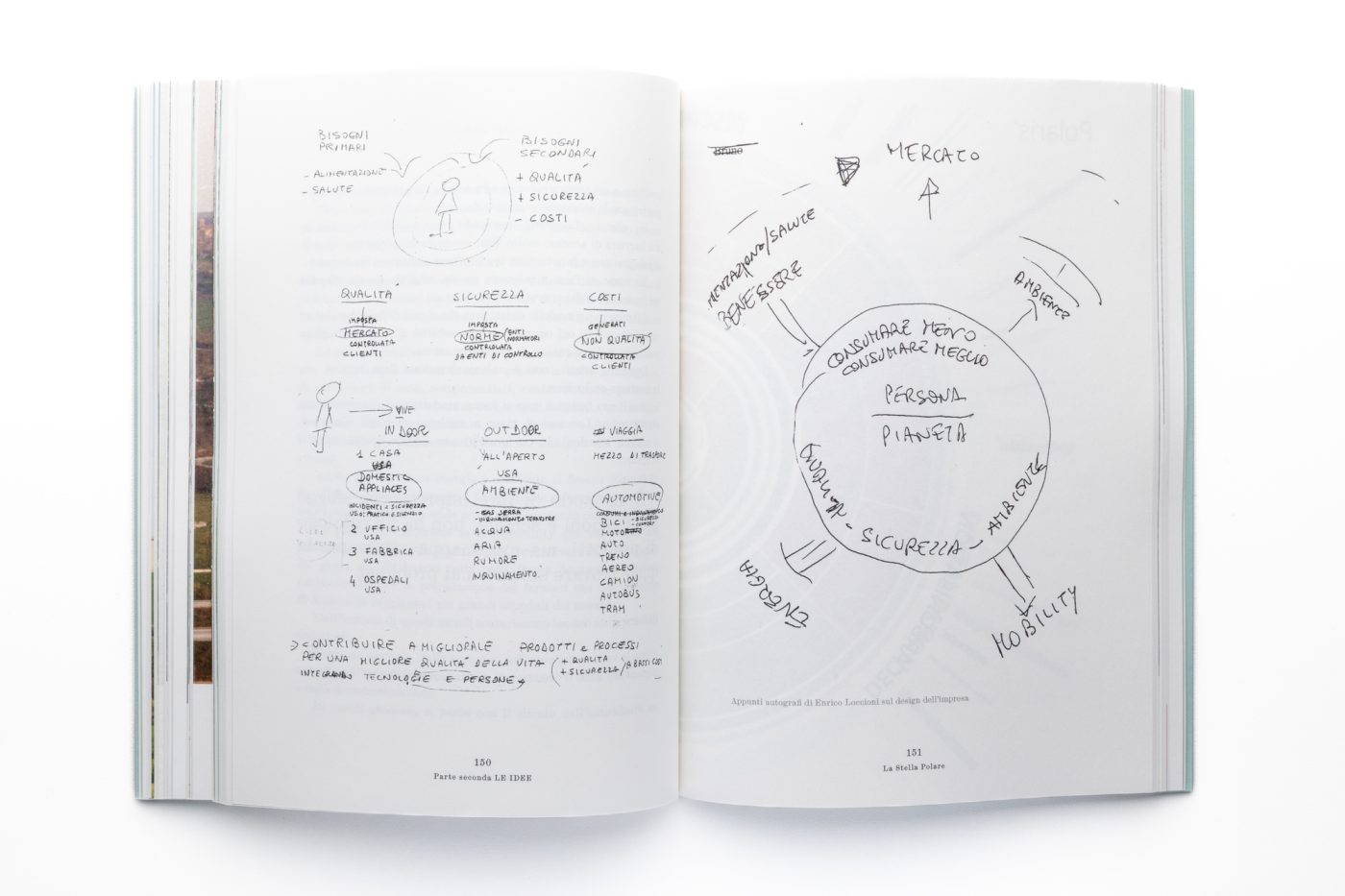A book that tells the human and entrepreneurial story of Enrico Loccioni, intertwining personal history with business development. Not a biography, but a tool that makes the values and methods of a common good enterprise accessible. Designed for collaborators, entrepreneurs, and students, it is also a digital archive that collects historical documents, offering inspiration and practical guidelines for those who seek to turn work into an opportunity for growth, innovation, and beauty.
A story—almost a novel—that follows the personal journey of Enrico Loccioni, born and raised “above a stable” in Le Marche countryside, against the backdrop of Italy’s transformation, from the post-war economic boom to today’s challenges.
His childhood in a rural home without electricity or running water, the country school, the drive for a better future, and the arrival of electricity. The people who shaped, challenged, and helped him grow. His decision not to work the land like his father, yet never to abandon it. The encounter with Graziella, who became his wife and lifelong partner in work and life.
And then the inspirations: Camillo and Adriano Olivetti, Enrico Mattei, Robert Bosch, Francesco Angelini, Aristide Merloni. A yearning for freedom, the tenacity and intelligence that led him to continuous renewal, and to gradually develop a business model based on people and knowledge. A model that has withstood local and global crises, social and technological change, with a clear vision toward a future—2068—built on beauty, well-being, and sustainability.
This is not a book about Enrico Loccioni, but a book that, through his story, reveals what lies at the heart of a business—not just private property, but a common good.
Mario Bartocci succeeds in decoding and making available the values, methods, and guidelines that have allowed this family business, born from nothing, to create value for people and the territory. A company seen as a common good, where innovation is a behavior, internationalization a challenge, continuous learning a must, and sustainability an opportunity to do better.
There is also a deep, visceral bond with the land, which continues to be worked and loved. And the land, in return, nourishes not only the body but also ideas. From this land of sharecroppers and farmers, from the monks of the Abbey of Sant’Urbano, comes the drive ad meliorandum—to improve—which becomes the purpose of the enterprise: “to leave things better than we found them,” says Enrico Loccioni, with that loving gaze toward a future that, he adds, “is better designed as actors than suffered as spectators.”
The intended audience of this message is first and foremost Loccioni’s collaborators, the key players of today’s and especially tomorrow’s company—2068. But also entrepreneurs, managers, students, teachers, researchers—anyone who wants to make their work an opportunity to “sow beauty.”
The Author
Mario Bartocci, born in Fabriano and residing in Rome, graduated in industrial engineering from Sapienza University in 1959. He began his career as a technical manager at Aristide Merloni’s company, then at the start of a growth trajectory that would make it a global player in the home appliance sector. At Merloni, he also held roles such as Coordinator of the Aristide Merloni Foundation and editor of the company magazine. In 1980, he was called by Fiat to serve as Director of Research and Documentation, working closely with top executives including Giovanni Agnelli and Cesare Romiti. In 1993, he left Fiat for a post at the Ministry of Public Works under Francesco Merloni. He continued collaborating with the Merloni Foundation until retirement, after which he devoted himself to writing, publishing essays, novels, and short stories.
Fascinated by Enrico Loccioni’s path, after an earlier work dedicated to him (Animal Spirit in Vallesina, Luiss University Press, 2011), Bartocci returns with his light and insightful touch to trace a story that reveals the codes of an original business model.
Desiderio Editore
Among the authors of Desiderio Editore are prominent names from academia—such as Prof. Vittorio Coda (Professor Emeritus, Bocconi University), Norberto Patrignani (Professor of Computer Ethics, Politecnico di Torino), and Ivan Rainini (Archaeologist, Università Ambrosiana)—as well as leading Italian trainers including Maria Ludovica, Riccardo and Luca Varvelli, sociologist Aldo Bonomi, and designers Lorenzo de Bartolomeis and Accurat. The inspiration for the publishing house is rooted in one of Enrico Loccioni’s key references: Olivetti and its Edizioni di Comunità. In Loccioni’s vision, the cultural dimension is always tied to entrepreneurship, to people, and to the territory. It is the distinctive trait and path of a community that finds in work a source of social and personal identity, and in enterprise, a way to grow and make a difference.


